صفحه انگلیسی روزنامه اعتماد در مورد اقدامات مداخلهگرایانه آمریکا+ عکس
صفحه انگلیسی روزنامه اعتماد در مورد اقدامات مداخلهگرایانه آمریکا منتشر شد.
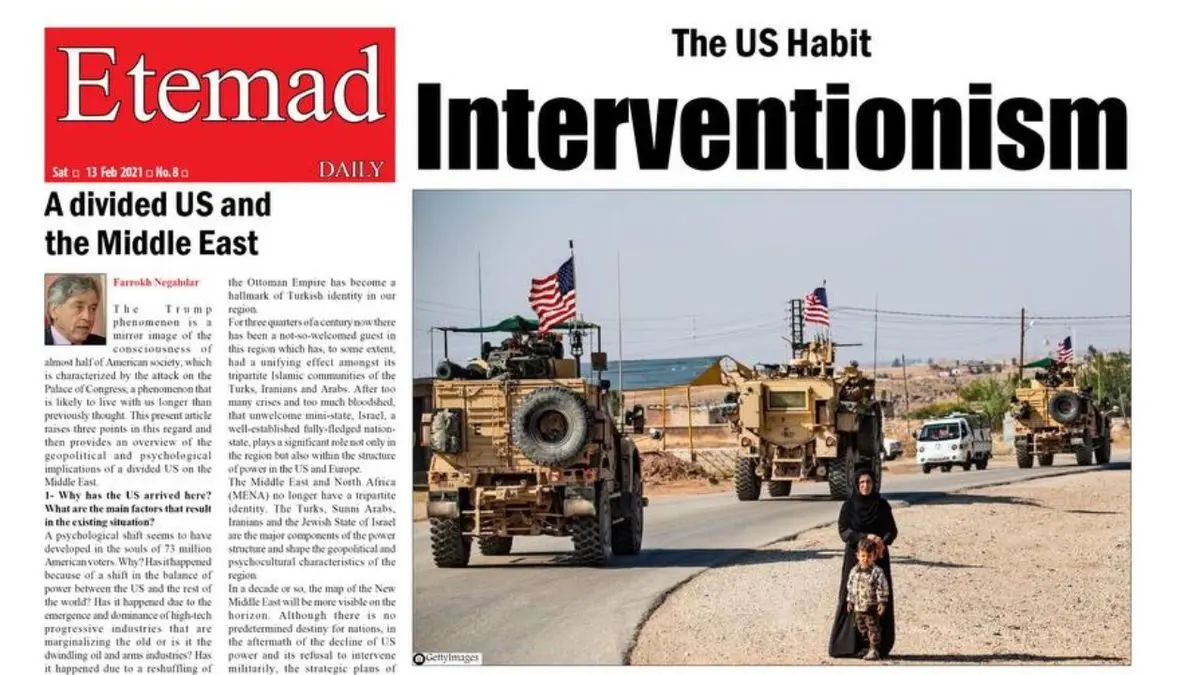
اعتمادآنلاین|
The US Ha bit: Interventionism
A divided US and the Middle East
Farrokh Negahdar
The Trump phenomenon is a mirror image of the consciousness of almost half of American society, which is characterized by the attack on the Palace of Congress, a phenomenon that is likely to live with us longer than previously thought. This present article raises three points in this regard and then provides an overview of the geopolitical and psychological implications of a divided US on the Middle East.
1- Why has the US arrived here? What are the main factors that result in the existing situation?
A psychological shift seems to have developed in the souls of 73 million American voters. Why? Has it happened because of a shift in the balance of power between the US and the rest of the world? Has it happened due to the emergence and dominance of high-tech progressive industries that are marginalizing the old or is it the dwindling oil and arms industries? Has it happened due to a reshuffling of power between large group identities, such as men and women, whites and non-whites, or has this kind of polarization developed because of the widening gap between rich and poor?
2- What is the consequence of the US's fading presence upon the destiny of the nations in the region and upon its geopolitical layout?
The termination of the Cold War, followed by the US's declining power and interest in military involvement in the Middle East, developed a psychological environment throughout the region that has brought about specific geopolitical changes in Turkey, Iran and Saudi Arabia who are the leading powers that shape and manage the ethno-cultural identities and the geopolitical layout of this region. In fact, they are trying to restore the same glorious identity of the past that has prevailed in this region for centuries.
This process began with the Iranian Revolution and exploded with the hostage crisis, continuing with the uprising of Saddam Hussein and his revolt against the West. Saddam's great dream was to lead the Arab world to restore the Arabs' glorious past. This mission, after his death, was entrusted to the rulers of Riyadh and, in the last two decades, with the rise of Erdogan, the claim of the restoration of the glory of the Ottoman Empire has become a hallmark of Turkish identity in our region.
For three quarters of a century now there has been a not-so-welcomed guest in this region which has, to some extent, had a unifying effect amongst its tripartite Islamic communities of the Turks, Iranians and Arabs. After too many crises and too much bloodshed, that unwelcome mini-state, Israel, a well-established fully-fledged nation-state, plays a significant role not only in the region but also within the structure of power in the US and Europe.
The Middle East and North Africa (MENA) no longer have a tripartite identity. The Turks, Sunni Arabs, Iranians and the Jewish State of Israel are the major components of the power structure and shape the geopolitical and psychocultural characteristics of the region.
In a decade or so, the map of the New Middle East will be more visible on the horizon. Although there is no predetermined destiny for nations, in the aftermath of the decline of US power and its refusal to intervene militarily, the strategic plans of Erdogan, Ayatollah Khamenei, Netanyahu and bin Salman will largely determine the future of the Middle East.
The Syrian civil war, the instability in Libya and Yemen, the ongoing turmoil in Iraq, the war in Caucasus and the unfinished business of nation building in Kurdistan, show that over the upcoming decades the dreams and ambitions of the regional powers of the Iranians, Turks, Arabs and 'The Jewish State of Israel' are portraying the future of this region.
Despite the continuing misery of the Palestinians, the Arab-Israeli conflict will no longer be the main source of crisis in the region. If the tension between Sunni Arabs and the Shiite Iranians escalates, rapprochement between oil-rich Arabs and Israel will continue.
Turkey, however, continues to regain its lost status in the Middle East, Caucasus and Central Asia. Iran also tries to extend its reach beyond its borders. The impact and influence of Saudis petrodollar throughout the region is also on the rise. In the wake of a paralyzed American military involvement, this process seems unstoppable.
3- What happens to the relations between the US and the Middle East Quadruple?
The combination of declining US power and the process of the polarization of American society profoundly affects the geopolitical and sociocultural perspective of the MENA. It also shapes and defines the fundamentals of the foreign and regional policies of the Turks, Arabs, Iranians and Israelis.
In the coming years, the oil-rich Arab countries and Israel will continue the process of rapprochement. They will align their political strategy with the US Republican Party and will remain fully-fledged supporters of right-wing American politics. There is no alternative in the Arab World that challenges the upper hands of the oil-rich countries.
Israel, under the leadership of Netanyahu, has been transformed into an inseparable body of the far-right Republicans, with the Saudis and Israelis gradually moving away from the US Democratic Party.
Over four decades the Iranians have gradually moved away from sharp anti-Americanism. President Obama and the JCPOA talks had a great impact on Iranian psychology. For the first time in history the Iranians felt treated as an equal partner in negotiating with the rest of the world. Those eight years helped Iran discover, then consider, the growing difference between the Blue and the Red (A vast majority of Iranian Americans supporting Sanders and then Biden in the 2020 election). The positive view of Democrats is a widely cross-party phenomenon in Iran.
Although I am not an expert of 'Turkish identity' and the characteristics of its subconscious, in the wake of the economic, cultural and psycho-political developments in Turkey over the last two decades, it seems highly unlikely that the Turks will find the far-right Americans as their allies.
If the Democrats succeed in enhancing their control within the US power structure, then the Arab-Israeli process of rapprochement and the century's old peaceful coexistence between the Turks and the Iranians will continue. If Biden, for any reason, cannot return to the JCPOA then the risk of military confrontation escalates with an unknown outcome.
From the end of the Iran-Iraq war up to the US invasion of Iraq, one of the goals of Iran's foreign policy was to improve relations and cooperation with some of the Arab countries led by Saudi Arabia and to prevent confrontation with them.
In the future, given the polarization of the United States, this goal does not appear to go beyond détente, while the relations between Iran and Turkey, in the shadow of the formation of the Israeli-Arab axis, will gain more capacity for improvement and alignment in regional rivalries.
No matter who leads the United States, the Democrats or the Conservatives, the dynamics of the politics in the Middle East will largely be shaped by the four main regional powers, each aligned to some extent with their favourite Americans, whether that be Red or Blue.
Tel Aviv, Ankara, Tehran and Riyadh will continue to maintain their territories of influence in the region. They will continue to protect their friends within the governments wherever it is achievable or feasible. The reshuffle of the existing borders is highly unlikely but it is predictable that the lines between the countries or large group identities will be interpreted or treated as soft or hard borders.
A Summary Picture
The United States remains divided for a long time and this division will have its international extension and creates its own psych-political dimension.
Traditional policy-based division between Red and Blue and Red has been widely developed to an emotional level. Politics in America has entered a period of confrontation between alien identities with the age of "us" and "them", a period in which "white supremacy" denies the equal rights of the "others"; the "others" being a composite of racial, ethnic, class, cultural and gender elements that constitutes an imaginary bulk identity.
This division will have an impact on the whole world and will remodel individual mindsets. The polarization of American politics regenerates the psycho-political environment ironically similar to the world that we lived in during the Cold War; the world that used to be identified with 'The Old Glory' and 'The Red Star' but, this time, not under the high sky of the Earth, but under the high ceiling of the Capitol.
The Sixth Day of January 2021 heralds to us that the heart of our world is divided between Donkeys and Elephants and remains divided up to the date that 'The Dragon' stands up to its full height.
Iran and the war in Yemen
Jafar Ghannad Bashi
Although the Islamic Republic of Iran has always stated that it only provides Yemen with spiritual and political support, the visit of Martin Griffiths, the UN Secretary-General's Special Envoy to Tehran, and his consultations with Iranian officials on the ceasefire in Yemen, raised the question of how Tehran can help to end the Yemen war and create a political process in the country?
As one of the founding members of the United Nations, and as a regional power in Western Asia, Iran has always been playing a determinative role in regional affairs. The special issue of Yemen can be considered from two aspects for Iran. On one side of the spectrum, Western governments, Saudi Arabia and their Arab allies accuse Iran of providing Yemenis with military support and equipment, claiming that the Iranians are to blame for the pressure and intensity of this war. On the other side, Yemen is one of the regional parties that has been attacked and, according to international law, has the right to defend itself in war. Hence, the issue of Yemen is the principled approach of Iran towards the oppressed nations, particularly in the regions which are being invaded by foreign powers.
Although Tehran has never been reluctant to provide humanitarian assistance to the oppressed Yemeni citizens, affording such aid has been impossible due to the criminal siege and sanctions against Yemen. As a result, there has been no way to improve the health and livelihood of the Yemeni people. (Although, in the short term, humanitarian aid could be sent and Iran c prvided assistance to the Yemeni people.)
Despite all the claims about the Yemen war, neither the decision making nor the will to start and continue the war over the last six years ever took place in Riyadh. The decision on the Yemen war was made in London and Washington and the end of it also depends on the decision of these two western capitals. The best proof of this claim is that, after six years of continuous war, the only thing that has caused new whispers for the end of the war in Yemen has been the change of government in Washington. Up to now Washington has not allowed the war in Yemen to end but, today, the new US government has pressed the green light to end the war in Yemen, making it easier for the Saudis to pull out of this harmful war.
Meanwhile, some parties still want to blame Iran for the war or, as the US President, Joe Biden, claimed in his speech last week, call Tehran "a troublemaker or a firebrand". But such claims are lies. Iran was never one of the pillars of the war in Yemen because of the sanctions and sieges. Iran, even if it wanted to, could not help the Yemeni citizens defend themselves. The purpose of such allegations is to throw the ball of the end of the war into Iran's court and accuse them of a war that the western countries, themselves, started and carried out.
Over the years, Iran has always been at the forefront of the news and public diplomacy, exposing crimes against the oppressed people of Yemen. Iran is not willing to interfere in the affairs of Yemen but it can still support the Yemeni people in the political arena. The reason being that the very end of the war can still provide an opportunity for various conspiracies by the enemies of the independent and national sovereignty of Yemen. Those who started the war in Yemen did not achieve their political wish by war. Hence, it is reasonable for them to chase up their benefits in this country through political negotiation, at least under the pretext of ending the war.
It is obvious that the United Nations, during the time in office of the present General Secretary, Mr. Guterres, has failed to take any practical steps to improve the situation in Yemen, but it has repeatedly acknowledged the fact that the war in Yemen has caused a great humanitarian catastrophe. The United Nations believes that Iran will be one of the parties calling for an end to the war and the return of rights to the Yemeni people. Therefore, Iran can be the one that provides consultations to the Yemeni parties so that they can end this war with the best outcome.
Meanwhile, Riyadh has long called for an end to this gruesome and disgraceful war in Yemen. The longer the war lasts the more Saudi losses will increase exponentially. The continuation of the war has eroded Saudi Arabia's power in the region and the Saudi armed forces have become more dissatisfied. More importantly, since Yemen and Saudi Arabia are geographically located next to each other, the effects of the crimes committed in this war against the Yemeni people will cause a deep rift between these two neighbouring nations in the future.
Moreover, one of the concerns of Riyadh and its allies is that the end of the war, will strengthen Yemen's Ansar-Allah. There is concern that the emergence of a strong and democratic government in Yemen will gain widespread support from the popular Yemeni resistance forces, which could lead to the rise of those who have defended Yemen's territory against foreign aggression for the past six years.
Finally, Western supporters of the Zionist regime and some regional governments consider the power of the resistance axis in the region to their detriment. Hence, perhaps one of the purposes of the visit of the UN Secretary-General's Special Envoy to Tehran was to receive assurances from Tehran that, if the war in Yemen ends, the country will not become another pillar of the resistance in the region alongside Iran, Iraq, Syria, Hezbollah in Lebanon and the Palestinian resistance groups. In this case, the UN envoy may be seen as a representative of the US and Israel, who is attempting to ensure that Yemen will not become an active link in the axis of the resistance and to assess Iran's post-war situation in regional equations.

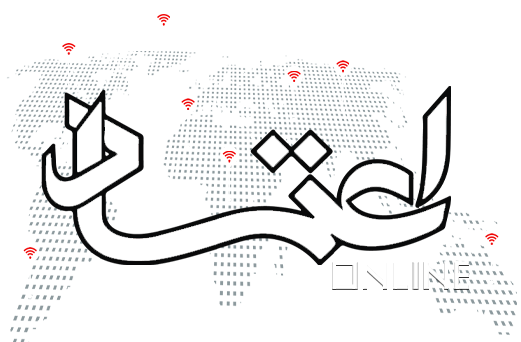


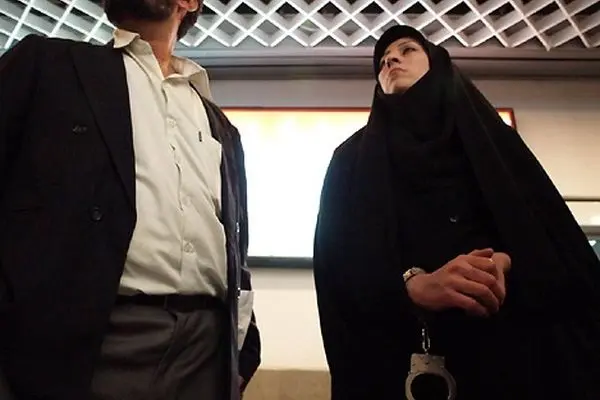

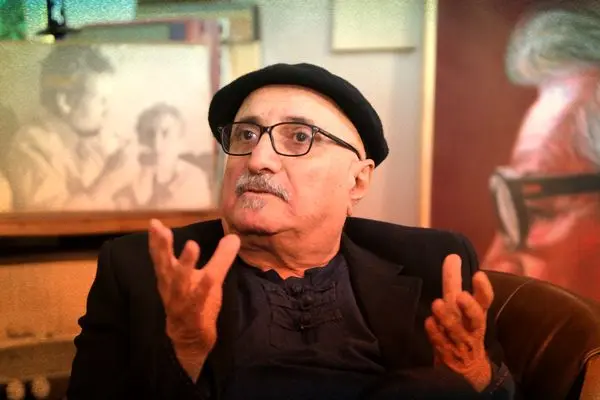


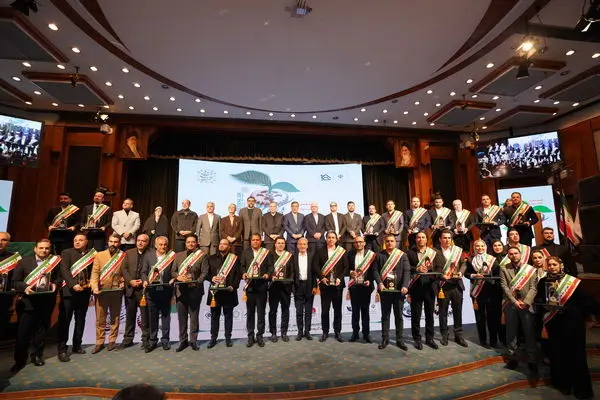



دیدگاه تان را بنویسید